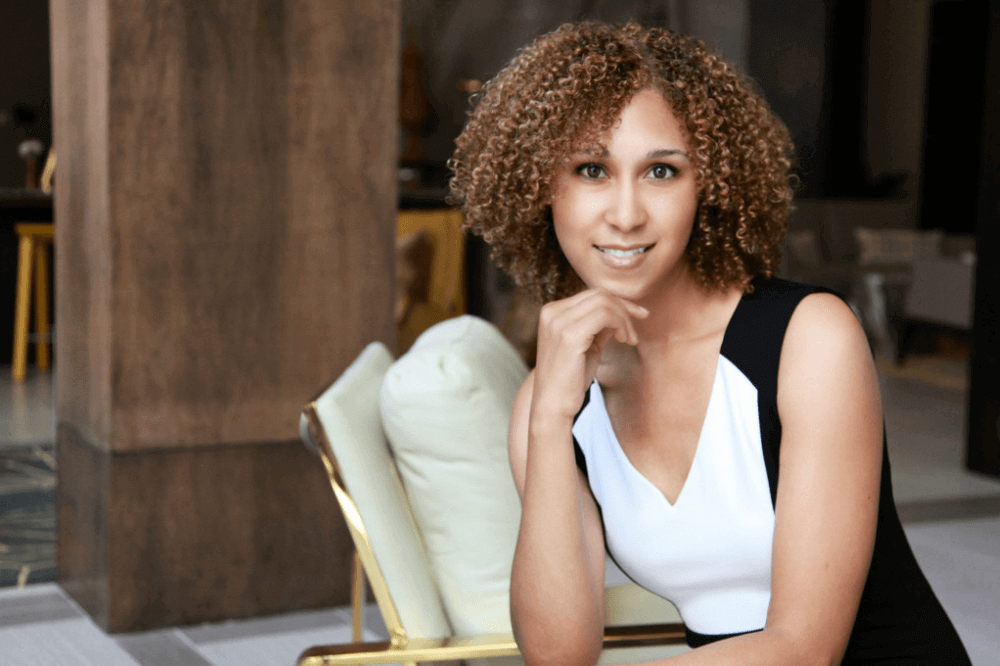Krystal Covington is the founder of Women of Denver. The organization hosts workshops and summits each year to help their growing community of women sharpen business skills and connect with other like-minded women. We love Krystal’s savvy way of bringing diverse women from all walks of life together in one room where everyone feels included and welcome. Her huge impact on women in Denver has sparked this Sistahbiz feature.
Women of Denver has grown into quite the movement. How did you acquire the necessary capital required to scale your business and get to this level?
I was able to leverage my corporate salary to save ahead of leaving my job. I’ve also utilized peer-to-peer lending programs when I needed capital to support consulting services, or marketing support that would help me build my business.
Have your programs and events gone through iterations and changes? What are your strategies for learning from customers and improving the product?
My Women of Denver program has gone through many iterations and still continues to evolve based on data. In the beginning I began with a free meetup group where I led monthly events on Sunday mornings. I then evolved the group based on feedback I received from members and what I heard them saying they needed.
Even in the beginning I utilized survey tools to ask questions of members, but I always found that their actions were showing me different data than what they reported in the survey. For example I remember doing a survey where most said they would never come to Sunday events. With a full-time job at the time I wasn’t able to get fully away from hosting on weekends, so I continued with Sundays as it worked for me. One weekend 30 women showed up at the coffee shop for our meeting — far more women than chairs — and I knew the survey was very wrong.
I still do some surveying today mainly for providing demographic data with sponsors, but the real tool I use to navigate this business is looking at where the money is flowing. What are people investing in?
What area of your business did you have the least experience in when you started? How did you handle the learning curve and ensure the business succeeded in that area?
The part of business I continue to struggle with most is sales. As a professional I’ve never been in a full on sales or business development role where I needed to do things like manage a CRM, write proposals and make the ask myself. It definitely requires training to do this successfully and I’m constantly asking those around me with more experience how they succeeded in their sales roles with B2B brands.
How have relationships impacted your business? What advice would you give entrepreneurs about how to manage business relationships? What relationship skills are most important for business success?
I think the most challenging piece has been the leadership aspect of business and managing my team. It’s easy to assume someone working for you understands the value and importance of an activity or that they know what it means for something to truly be successful, but I have learned that most of the time this is far from the case.
As a leader managing employees or contractors you must understand their personal motivations, so you know how they might be seeing things or viewing their work. I’ve had some relationships go very wrong because I didn’t understand this.
How do you recharge and restore and how often?
I unfortunately don’t recharge until I get fully burned out. It’s a bad cycle to be in, so I encourage others to prioritize energy management early and often to avoid this.
When I do take the time to recharge it’s often in the form of a vacation. My husband and I will book a few trips each year for about a week and take the time to explore and relax.
In between I simply give myself real days off filled with activities that get me moving and using my creativity instead of my busy strategic work brain. I love walking the city, coloring, making jewelry, and having parties with family and friends.
For Black women, hair is an important part of our life journey. It impacts us in ways that many don’t understand. Tell us about your journey with your hair and how it has impacted you as an entrepreneur.
In all of the interviews I’ve done, no one has ever asked me about my hair, but it was a huge part of my journey. When I went through my transition, I was still in the corporate world. I had relocated to Denver and when talking with other black women I was continually warned that Denver’s dry climate and my lifestyle would likely cause my hair to break off. They instructed me to find a protective style that would help me avoid severe breakage.
I didn’t initially believe them, knowing that I’d been through serious humidity back in Detroit and had all the tools to handle anything.
The challenge began when my active lifestyle started causing me to sweat out my roots on the daily. I kept a flat iron and curling iron at work, but it got pretty silly to keep doing that each day. Finally, I went to a Deva Cut expert and asked for a curly cut and a training session to teach me how to wear my hair naturally curly. The feedback was stirring with many people having opposing reactions about the new look, but after a few months it became such a strong feature of my personal brand that I wasn’t even recognized when I periodically straightened my hair again. I realized that the curls made me stand out in such a way that it was more beneficial to keep my hair natural than to ever wear the other look again.
The biggest boost to my confidence came when I was hired as a corporate director after interviewing for the job with my natural hair. I had been taught that professionalism requires flat, straight hair and believed deeply that employers didn’t want to hire someone if they came in with natural hair. I hadn’t straightened it in months and wasn’t going to start burning my curls for a job, so I went with it, challenged that awful story, and came back victorious.
What’s the #1 piece of advice you have for black women starting new businesses?
Mind your money and be serious about it. One of the things I most admire about Sistahpreneurs is the education members receive about garnering capital through major deals, distribution agreements, and government contracts. Many business owners underestimate the amount of money it takes to start and run a business, so being aware of this ahead of time and staying focused on the money will help alleviate some of the ongoing challenges many face in business.
You can connect with Krystal Covington and Women of Denver at www.thewomenofdenver.com.

